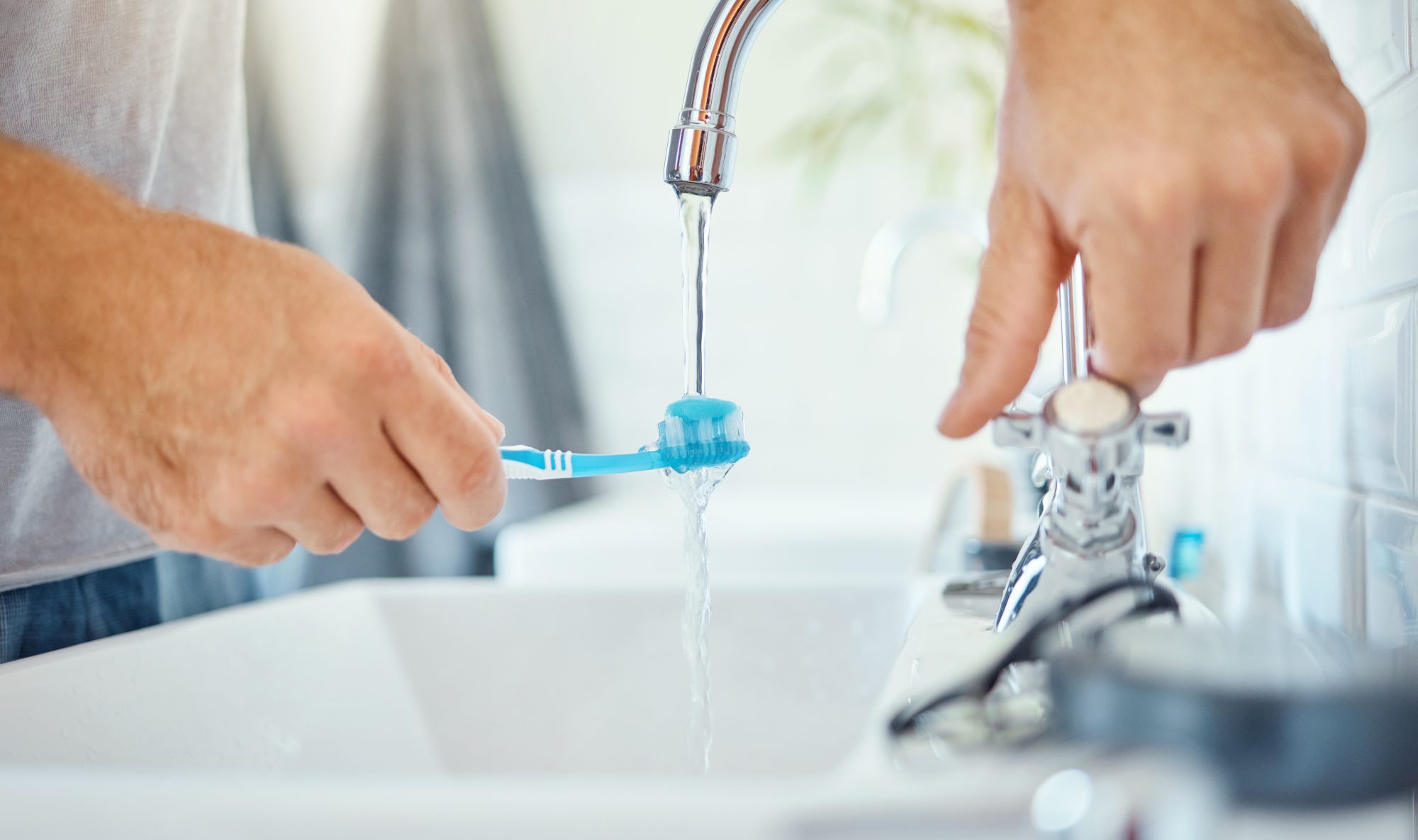
What’s the Right Toothbrush For Me?
Good oral hygiene is the cornerstone of a healthy lifestyle, and your toothbrush plays a pivotal role in this regimen. But with numerous options available, how do you choose the right toothbrush for your unique dental needs? Distinctive Dental Solutions offers guidance to help you make an informed decision. Be sure to contact our dentists to discuss your individual oral health needs.
Understanding the Importance of Your Toothbrush
Your toothbrush is more than just a tool for cleaning your teeth; it’s a weapon against gum disease and tooth decay. Poor oral hygiene can lead to a range of dental health conditions, some of which may even affect your overall health. Therefore, choosing the right toothbrush is not just about maintaining a bright smile; it’s about protecting your health and well-being.
Manual vs. Electric Toothbrushes: The Great Debate
When it comes to toothbrushes, the first decision you need to make is whether to go manual or electric.
Manual toothbrushes have been around for centuries and they’ve proven effective at maintaining good oral hygiene. They offer a high degree of control over the brushing pressure and motion, allowing for a tailored brushing experience. Plus, they’re affordable and easy to replace.
On the other hand, electric toothbrushes, powered by batteries or electricity, can provide a different level of cleaning. Many models offer features like timers and pressure sensors, ensuring you brush for the recommended time without damaging your gums. If you tend to brush vigorously or struggle to clean hard-to-reach areas, an electric toothbrush could be beneficial.
However, the effectiveness of your toothbrush, whether manual or electric, largely depends on proper brushing techniques. Spending two minutes twice a day brushing with fluoride toothpaste will help ensure good oral hygiene.
Beyond Brush Type: Bristles, Heads, Handles, and More
Once you’ve decided between manual and electric, consider other features that can impact your toothbrush’s effectiveness.
Bristle Type
Dental professionals often recommend soft-bristled toothbrushes. They’re effective at removing plaque and debris without damaging your gums or enamel. Unless advised by your dentist, stick to soft bristles for a gentle yet thorough cleaning.
Brush Head Size
A small-headed toothbrush can reach all areas of your mouth, including hard-to-reach back teeth. If you have a small mouth or struggle to reach certain areas, a small brush head can make a significant difference.
Handle Design
The toothbrush handle should be comfortable to hold and easy to maneuver. Some people prefer a non-slip grip or flexible neck handle, especially if they have limited manual dexterity.
ADA Seal of Acceptance
Look for the American Dental Association (ADA) Seal of Acceptance. This seal indicates that the toothbrush has been independently verified for safety and effectiveness.
Making the Right Choice
Remember, the best toothbrush for you is one that meets your specific dental needs and encourages regular use. You might also want to consult your dentist before making a decision.
Schedule a Dental Checkup
Choosing the right toothbrush is an important step in achieving optimal oral health. Whether you prefer a manual or electric toothbrush, ensure it has the right bristle type, brush head size, and handle design for your needs. At Distinctive Dental Solutions, we’re committed to helping you achieve your dental health goals. We believe in empowering our patients with the knowledge and tools they need to maintain lasting health. Contact us for a checkup.



